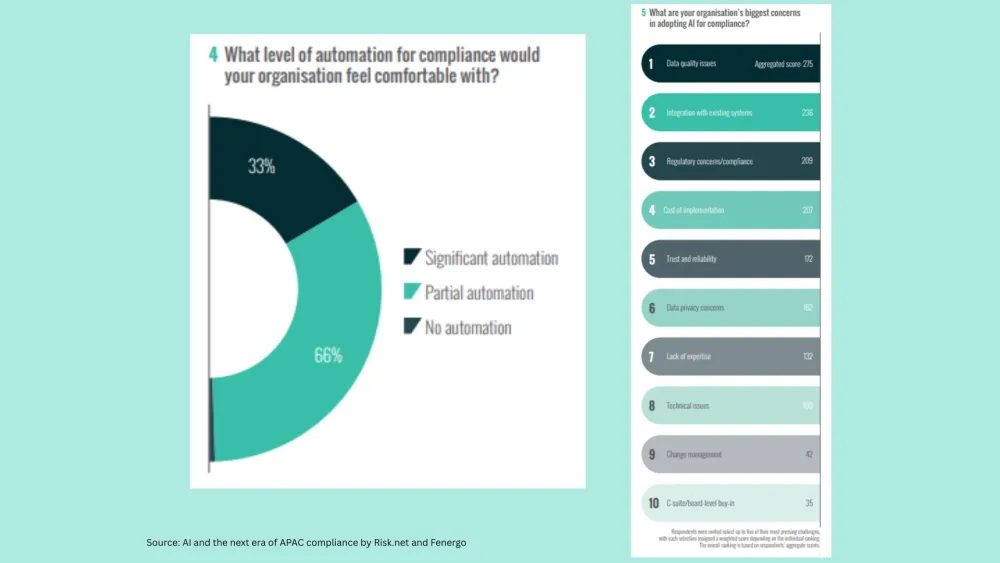
Gen Zers spur banking reinvention
Young consumers are changing financial norms and expectations.
Gen Z, the largest generation on earth whose spending power is expected to hit $12t in five years, is forcing traditional banks to reinvent themselves amidst fierce competition from their digital and fintech rivals.
“In our [Asia-Pacific] survey, we asked: ‘What’s your most trusted bank?’” Il-Dong Kwon, managing director and a partner at Boston Consulting Group (BCG), told the Asian Banking & Finance and Insurance Asia Summit in Ho Chi Minh City on 13 May. “Half of them are saying ‘the new digital bank.’”
Across the board, younger consumers are emerging as a decisive force in reshaping market leadership, he said, adding that Gen Zers—those born from 1997 to 2012—are changing financial norms and expectations.
Gen Zers, whose spending power is expected to grow to $12T by 2030, will have a significant influence on the products that manufacturers and retailers sell, according to a report by NielsenIQ, GfK and World Data Lab last year.
“They’re growing up with [digital banks],” Kwon said, adding that the convenience, choice, value and hyper-personalisation offered by digital and fintech players have become the norm for them.
Seven of 10 Asia-Pacific Gen Zers frequently use digital wallets for domestic payments, whilst 82% do so for cross-border payments, he said, citing a BCG report.
But Gen Z consumers in Vietnam are also the least satisfied, Nguyen Tuan Hong Phuc, a partner at KPMG International Ltd. in the Southeast Asian nation, told the summit.
Their key pain points for financial services are high fees, time-consuming and complicated handling processes, he pointed out, citing a May 2025 KPMG report.
“What [Vietnam] consumers are saying is that they find loan procedures quite complex,” Nguyen said. “They’re also disturbed by telesales, a lot of calls from companies, probably reminding them of due payments.”
In contrast, the 45-54 age group were the most satisfied, appreciating “attentive and enthusiastic staff providing thorough and detailed consultations.”
Whilst traditional financial institutions continue to invest in their digital infrastructure, this alone won’t guarantee being on top.
In dealing with risks and regulations, the tools that they’ve been used to have become outdated, Kwon said. “There are so many different types of risks that we are not even aware of these days.”
Kwon and Nguyen said artificial intelligence could help financial institutions improve customer service, comply with the rules, and detect fraud.
Trust remains a crucial differentiator and it is no longer assumed, especially after recent cyber incidents that disrupted banking services, and insurance sales based on misleading advice, Nguyen said.
“There’s a lot of consultation and advice needed,” he said. “And consultation is very important. It must happen with integrity, clarity, and transparency.”



















 Advertise
Advertise













